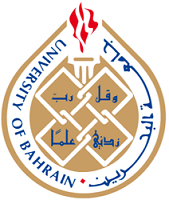Abstract
The main objective of the current study is to investigate the impact of the audit committee (AC)
characteristics on the one side and the external auditor (EA) characteristics on the other, on
earnings quality using a sample from GCC countries listed firms. The current study provides
empirical evidence from six GCC countries which are Bahrain, Kingdom of Saudi Arabia, Kuwait,
Oman, Qatar, and the United Arab Emirates for a period of five years from 2015 to 2019. Data has been collected from the annual reports and the corporate governance reports (if provided
separately) covering all the sectors, with an exclusion of the financial institutions. The sample used in the current study consists of 1,593 firm observations. The study investigates the association between AC characteristics (AC expertise, AC independence, AC meetings, and AC size) on the one hand and the EA characteristics (EA tenure, EA switching, and EA quality) with earnings quality on the other hand. The dependent variable earnings quality is measured as the absence of earnings management. Furthermore, the discretionary accruals are used as a proxy for earnings management and implemented using the Modified Jones model (Dechow, 1995). The effect of AC and EA characteristics on earnings quality is investigated using univariate Pearson correlation analysis and the multivariate HMR (Hierarchical Multiple Regression) analysis, where two HMR models are constructed; (Models 1 and 2) and both models are found to be significant. The results revealed that only three independent variables have a positive significant relationship with the earnings quality which are AC expertise, AC independence, and EA quality.
Keywords: Audit Committee, Earnings Quality, External Auditor, Earning Management, Gulf
Cooperation Council Countries

